Negative Space: government monopolies
- Break up the Postal AT&T
-
 We have no idea what we’re missing by barring competition to the United States Postal Service. We’re in the position we were in 1980 when proponents of government monopolies were warning us of the horrors of ending the AT&T telephone monopoly.
We have no idea what we’re missing by barring competition to the United States Postal Service. We’re in the position we were in 1980 when proponents of government monopolies were warning us of the horrors of ending the AT&T telephone monopoly.
- COVID Lessons: Government Monopolies are Still Monopolies
-
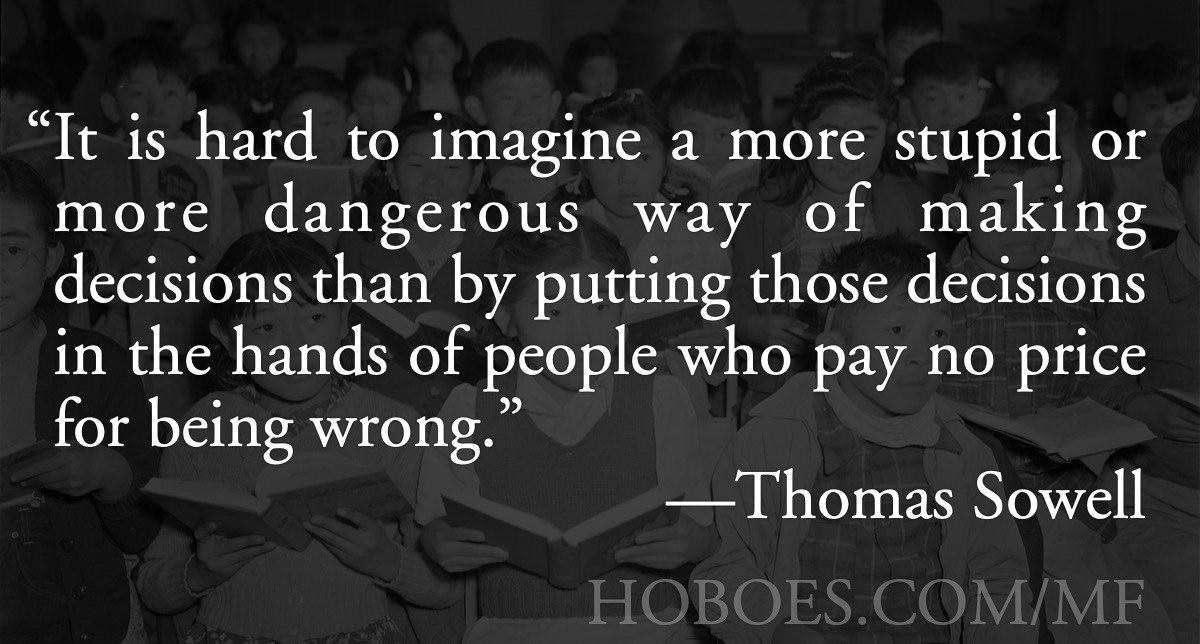 Our response to COVID-19 was almost designed to make it worse. We shut down the nimble small businesses that could respond quickly, and relied almost solely on large corporations and the government monopolies that failed us, because they are monopolies.
Our response to COVID-19 was almost designed to make it worse. We shut down the nimble small businesses that could respond quickly, and relied almost solely on large corporations and the government monopolies that failed us, because they are monopolies.
- COVID Lessons: How can we respond to a disease before it spreads?
-
 How can we make ourselves less vulnerable to sudden epidemics, before they become epidemics, and without causing epidemic levels of deaths?
How can we make ourselves less vulnerable to sudden epidemics, before they become epidemics, and without causing epidemic levels of deaths?
- Deadly complications of government bureaucracy
-
 Government monopolies, whether government agencies or de facto government agencies in the form of government-sponsored enterprises, aren’t rewarded by getting product to the people who need it. They’re rewarded by kissing up the bureaucratic chain.
Government monopolies, whether government agencies or de facto government agencies in the form of government-sponsored enterprises, aren’t rewarded by getting product to the people who need it. They’re rewarded by kissing up the bureaucratic chain.
- Economies of scale and government-run health care
-
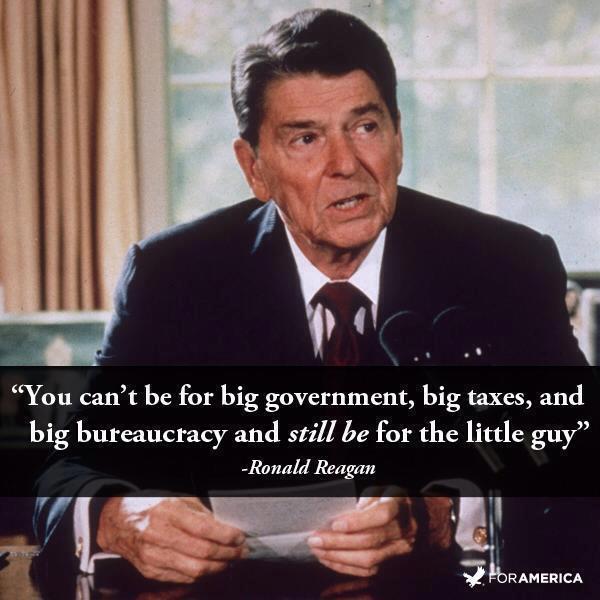 Economies of scale only produce lower prices when people are allowed a choice of service providers—including the choice to forego the service. Government-run programs do not benefit from economies of scale—in fact, scaling up will cause increased prices when the industry is run by the government.
Economies of scale only produce lower prices when people are allowed a choice of service providers—including the choice to forego the service. Government-run programs do not benefit from economies of scale—in fact, scaling up will cause increased prices when the industry is run by the government.
- A free market in union representation
-
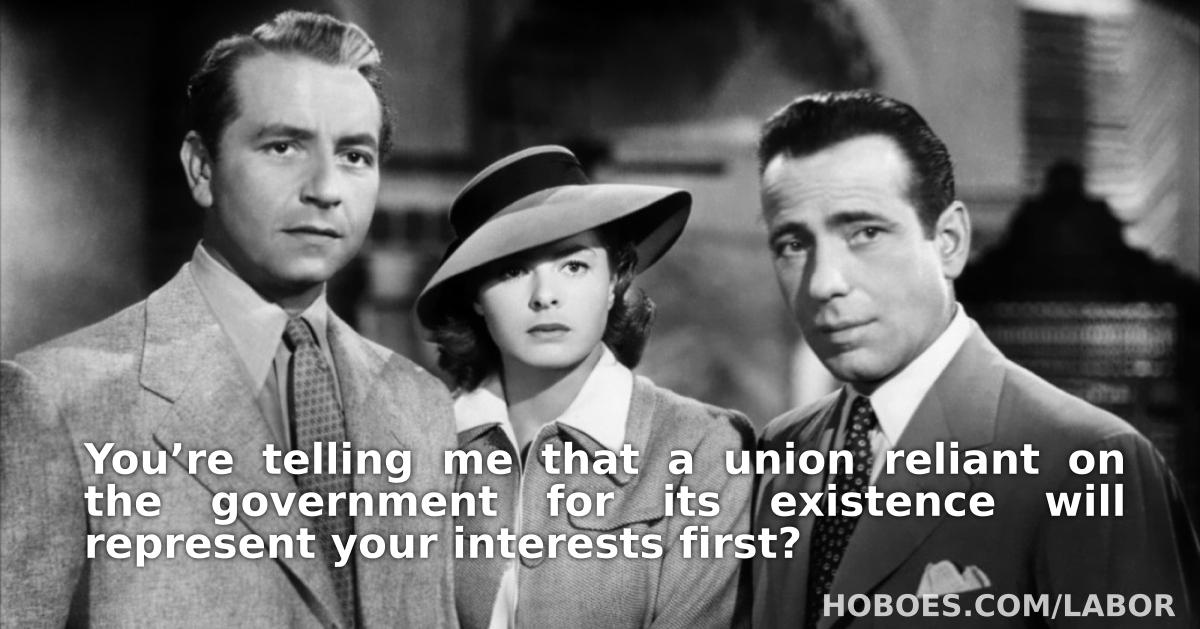 Every monopoly is said to be special, that this monopoly is necessary. And yet every time, getting rid of the monopoly improves service, quality, and price. There is no reason for unions to be any different.
Every monopoly is said to be special, that this monopoly is necessary. And yet every time, getting rid of the monopoly improves service, quality, and price. There is no reason for unions to be any different.
- Natural monopolies: a 20-minute call for $8.83
-
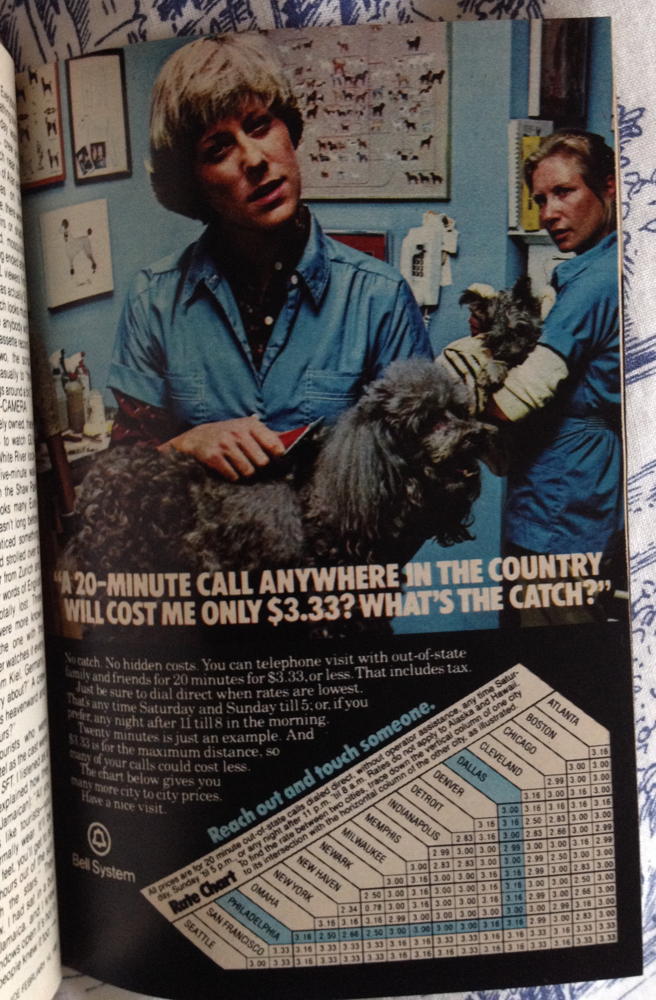 “A 20-minute call anywhere in the country will cost me only $3.33? What’s the catch?” The catch is that those are still outrageous monopolistic prices.
“A 20-minute call anywhere in the country will cost me only $3.33? What’s the catch?” The catch is that those are still outrageous monopolistic prices.
- Strangling the iPhone of health care
-
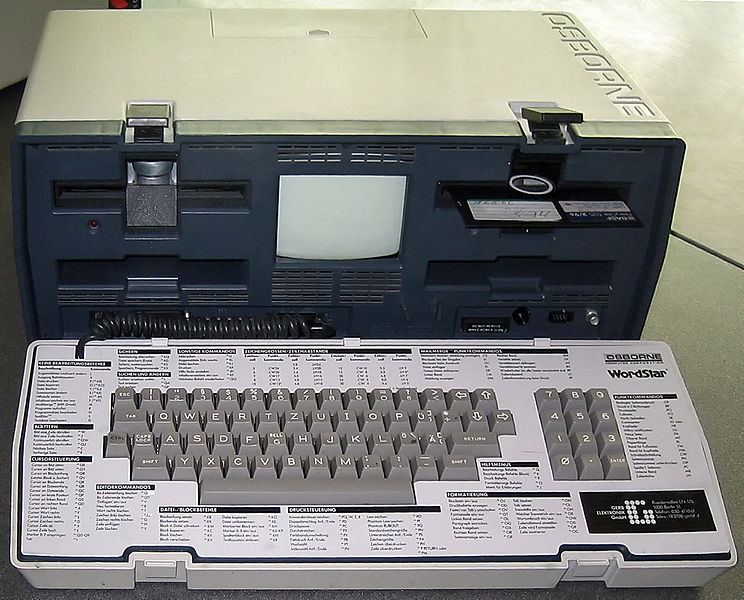 We have no idea what great improvements in health care we have strangled through our current system of government regulations, subsidies, and tax incentives.
We have no idea what great improvements in health care we have strangled through our current system of government regulations, subsidies, and tax incentives.
- Why does the EpiPen cost so much?
-
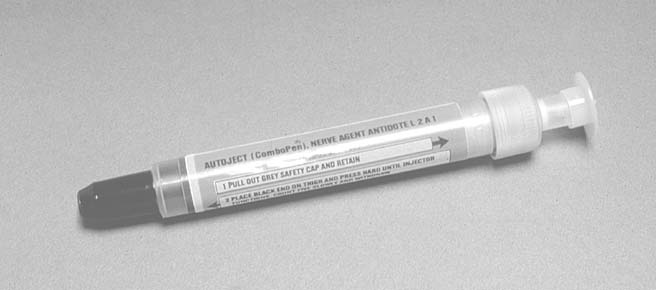 With Mylan raising the cost of the EpiPen even as the EpiPen enters the public domain, people are complaining—but they’re complaining in ways that will raise health costs even more.
With Mylan raising the cost of the EpiPen even as the EpiPen enters the public domain, people are complaining—but they’re complaining in ways that will raise health costs even more.
- Why is it so difficult to hold schools accountable?
-
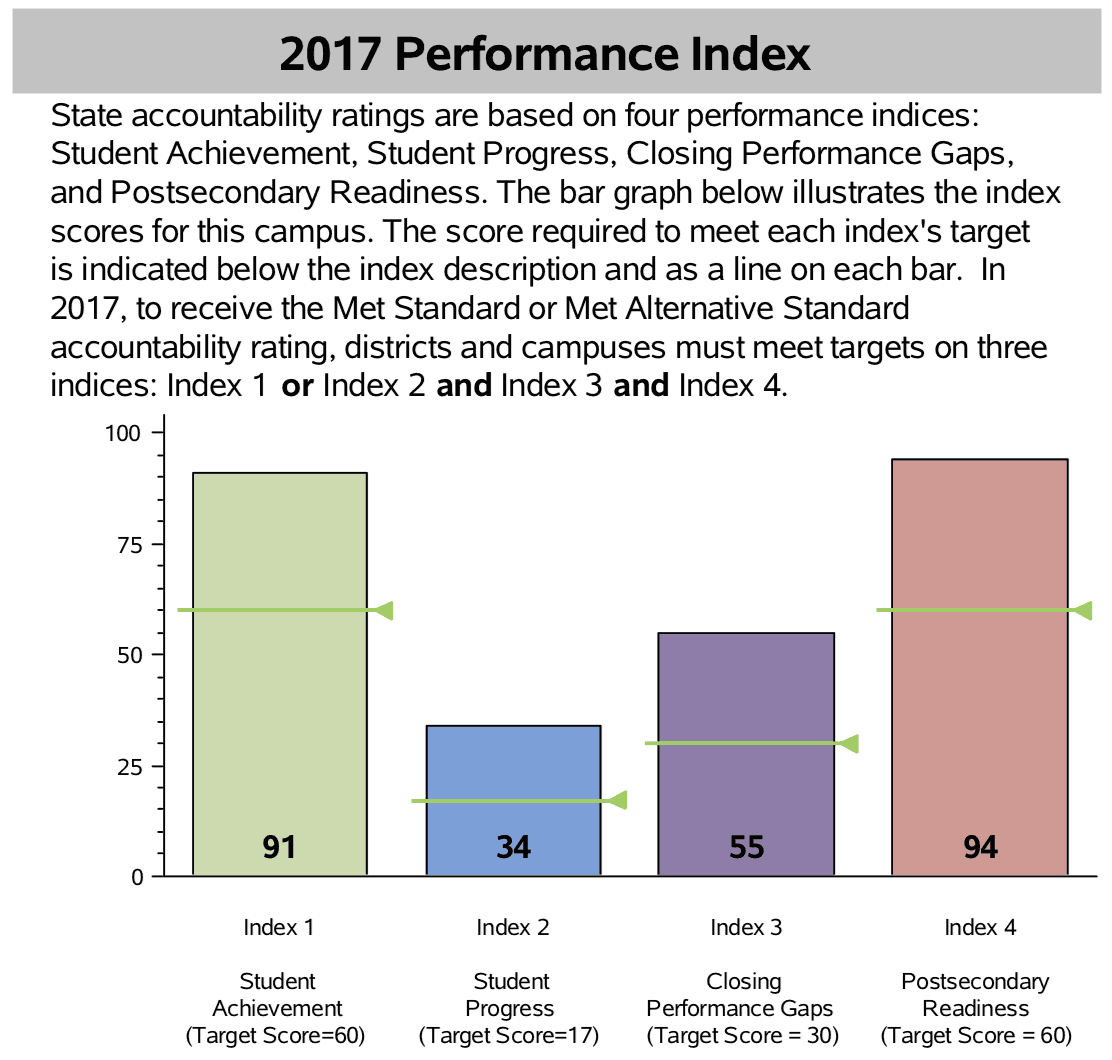 Simulating accountability in education has the same problems as simulating accountability in health care or any other monopoly. Tests and grades and paperwork are never as effective as choice.
Simulating accountability in education has the same problems as simulating accountability in health care or any other monopoly. Tests and grades and paperwork are never as effective as choice.
 We have no idea what we’re missing by barring competition to the United States Postal Service. We’re in the position we were in 1980 when proponents of government monopolies were warning us of the horrors of ending the AT&T telephone monopoly.
We have no idea what we’re missing by barring competition to the United States Postal Service. We’re in the position we were in 1980 when proponents of government monopolies were warning us of the horrors of ending the AT&T telephone monopoly. Our response to COVID-19 was almost designed to make it worse. We shut down the nimble small businesses that could respond quickly, and relied almost solely on large corporations and the government monopolies that failed us, because they are monopolies.
Our response to COVID-19 was almost designed to make it worse. We shut down the nimble small businesses that could respond quickly, and relied almost solely on large corporations and the government monopolies that failed us, because they are monopolies. How can we make ourselves less vulnerable to sudden epidemics, before they become epidemics, and without causing epidemic levels of deaths?
How can we make ourselves less vulnerable to sudden epidemics, before they become epidemics, and without causing epidemic levels of deaths? Government monopolies, whether government agencies or de facto government agencies in the form of government-sponsored enterprises, aren’t rewarded by getting product to the people who need it. They’re rewarded by kissing up the bureaucratic chain.
Government monopolies, whether government agencies or de facto government agencies in the form of government-sponsored enterprises, aren’t rewarded by getting product to the people who need it. They’re rewarded by kissing up the bureaucratic chain. Economies of scale only produce lower prices when people are allowed a choice of service providers—including the choice to forego the service. Government-run programs do not benefit from economies of scale—in fact, scaling up will cause increased prices when the industry is run by the government.
Economies of scale only produce lower prices when people are allowed a choice of service providers—including the choice to forego the service. Government-run programs do not benefit from economies of scale—in fact, scaling up will cause increased prices when the industry is run by the government. Every monopoly is said to be special, that this monopoly is necessary. And yet every time, getting rid of the monopoly improves service, quality, and price. There is no reason for unions to be any different.
Every monopoly is said to be special, that this monopoly is necessary. And yet every time, getting rid of the monopoly improves service, quality, and price. There is no reason for unions to be any different. “A 20-minute call anywhere in the country will cost me only $3.33? What’s the catch?” The catch is that those are still outrageous monopolistic prices.
“A 20-minute call anywhere in the country will cost me only $3.33? What’s the catch?” The catch is that those are still outrageous monopolistic prices. We have no idea what great improvements in health care we have strangled through our current system of government regulations, subsidies, and tax incentives.
We have no idea what great improvements in health care we have strangled through our current system of government regulations, subsidies, and tax incentives. With Mylan raising the cost of the EpiPen even as the EpiPen enters the public domain, people are complaining—but they’re complaining in ways that will raise health costs even more.
With Mylan raising the cost of the EpiPen even as the EpiPen enters the public domain, people are complaining—but they’re complaining in ways that will raise health costs even more. Simulating accountability in education has the same problems as simulating accountability in health care or any other monopoly. Tests and grades and paperwork are never as effective as choice.
Simulating accountability in education has the same problems as simulating accountability in health care or any other monopoly. Tests and grades and paperwork are never as effective as choice.